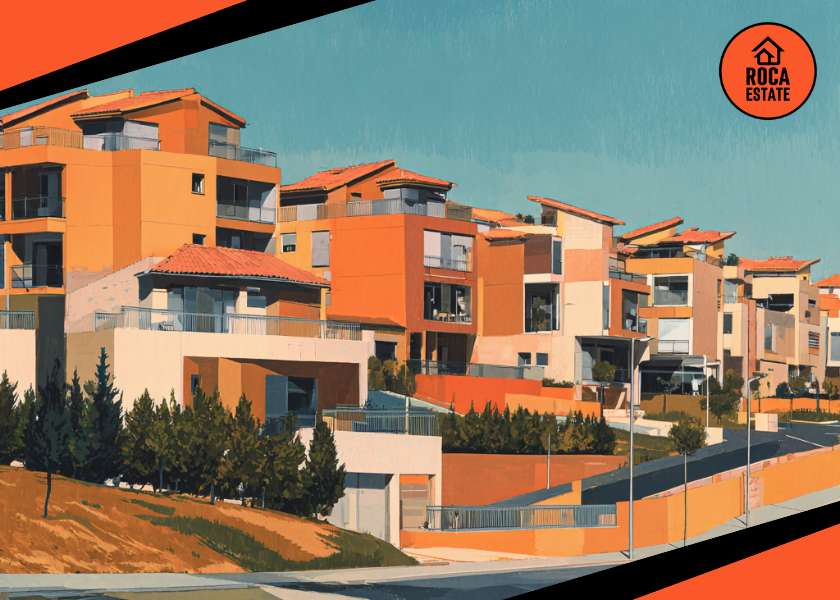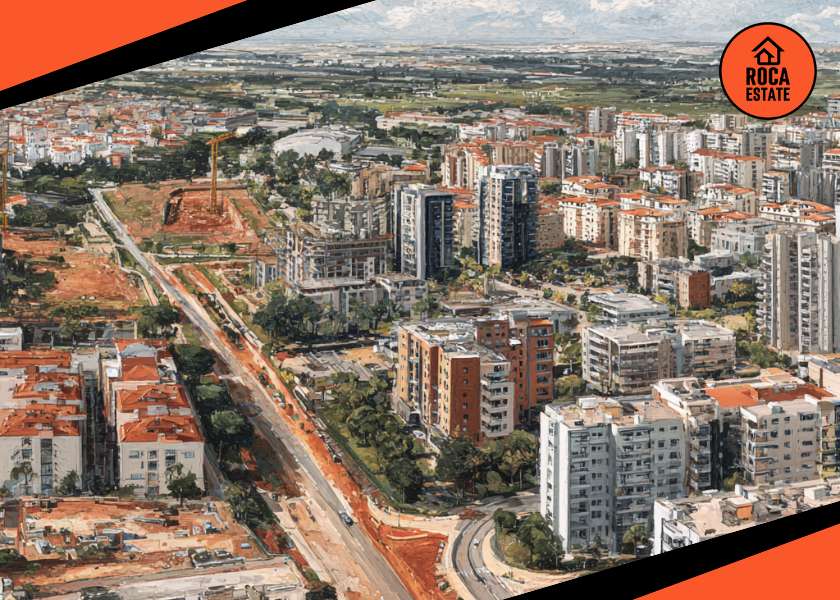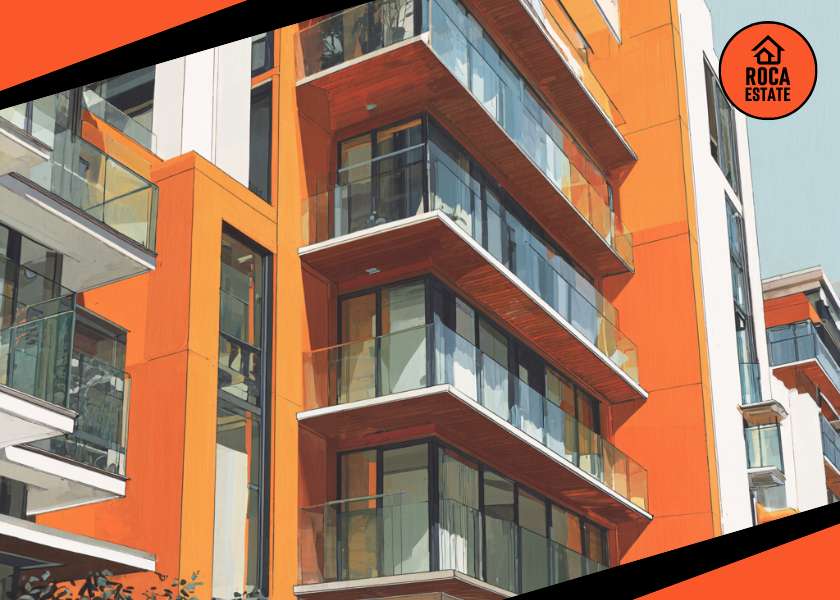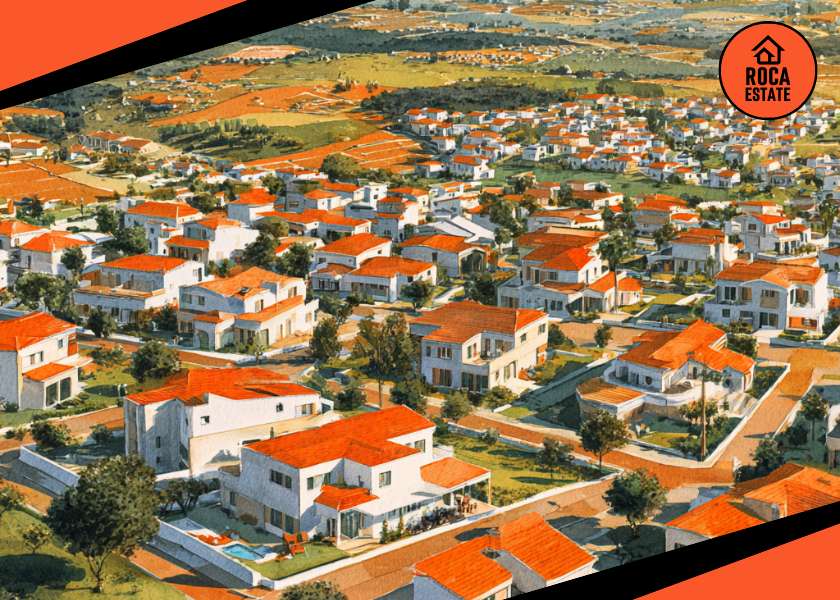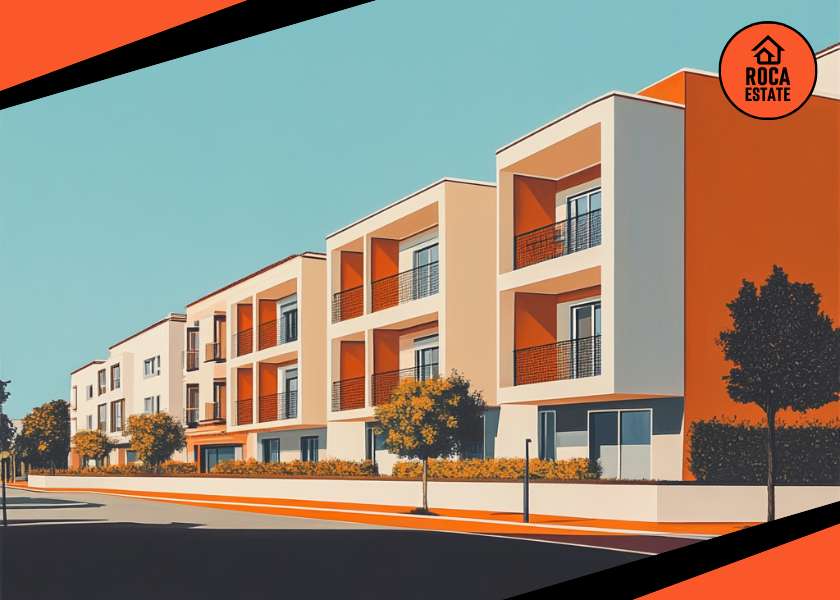In Portugal, shifts in implicit interest rates offer valuable insights into the market’s direction and investor opportunities. The latest report on implicit interest rates for housing loans in September 2024 reveals trends that could shape strategic decisions for real estate investors.
Key Findings from the Report
- Decrease in Interest Rates
- The implicit interest rate for all housing loans decreased from 4.417% in August to 4.362% in September.
- New loan agreements signed within the previous three months saw a decrease in interest rates from 3.665% to 3.569%.
- Increase in Loan Commitments and Repayments
- The average owed capital per loan rose by 412 euros, reaching 67,286 euros.
- Monthly repayments for existing loans remained stable at 404 euros, reflecting a 4.7% increase compared to September 2023.
- For new loans, the average monthly repayment increased to 622 euros, slightly lower (by 1.0%) compared to the same period last year.
- Rising Borrower Obligations
- Interest now accounts for 59% of the average repayment amount, emphasizing the growing burden on borrowers in terms of interest payments.
Market Implications for Investors
The gradual decrease in implicit interest rates for existing loans and newly closed agreements indicates a favorable environment for investment in the Portuguese property market. As borrowing becomes more affordable, there is potential for increased property acquisitions, stimulating demand across the housing sector.
At the same time, the rise in average loan amounts signals that property values may be appreciating, suggesting potential capital gains for investors over time. However, investors should note that repayments are still rising year-over-year, reflecting both interest adjustments and property price trends.
Strategic Considerations for Investors
- Take Advantage of Lower Borrowing Costs: With decreasing interest rates, leveraging financing options to acquire properties may provide higher returns over time.
- Monitor Property Price Growth: The increase in loan commitments indicates potential property appreciation, which could translate into favorable returns for long-term investors.
- Evaluate Market Segments Carefully: Given the slight decline in monthly repayments for newly signed agreements compared to last year, investors should assess which segments—such as residential or vacation rentals—are experiencing stable or declining costs.
Conclusion
The Portuguese property market presents a promising opportunity for real estate investors as financing becomes more accessible. With interest rates trending downward and loan amounts increasing, the market dynamics point toward growth and potential appreciation. Investors considering the Portuguese market should move proactively to secure financing at favorable rates while carefully selecting properties that align with long-term value growth.
Staying attuned to these trends and taking timely actions could position investors to benefit from a favorable economic and market environment, ensuring returns in a competitive and evolving market landscape.
Implicit Interest Rates in Housing Loans
With interest rates on housing loans falling, many are re-evaluating their strategies for real estate investment in Portugal. For those seeking clarity on procedures, legal aspects, and returns, our comprehensive FAQ section provides valuable insights into how to navigate the real estate market in Portugal effectively.

